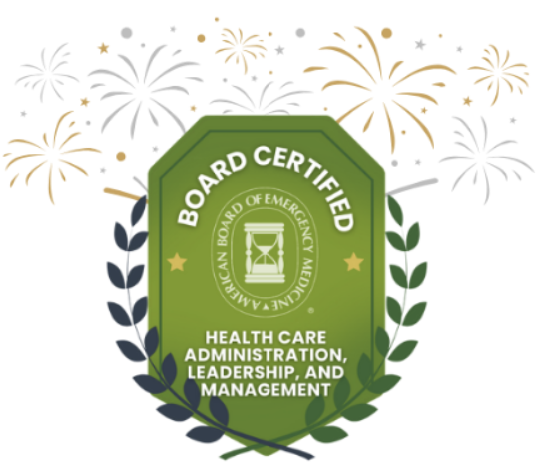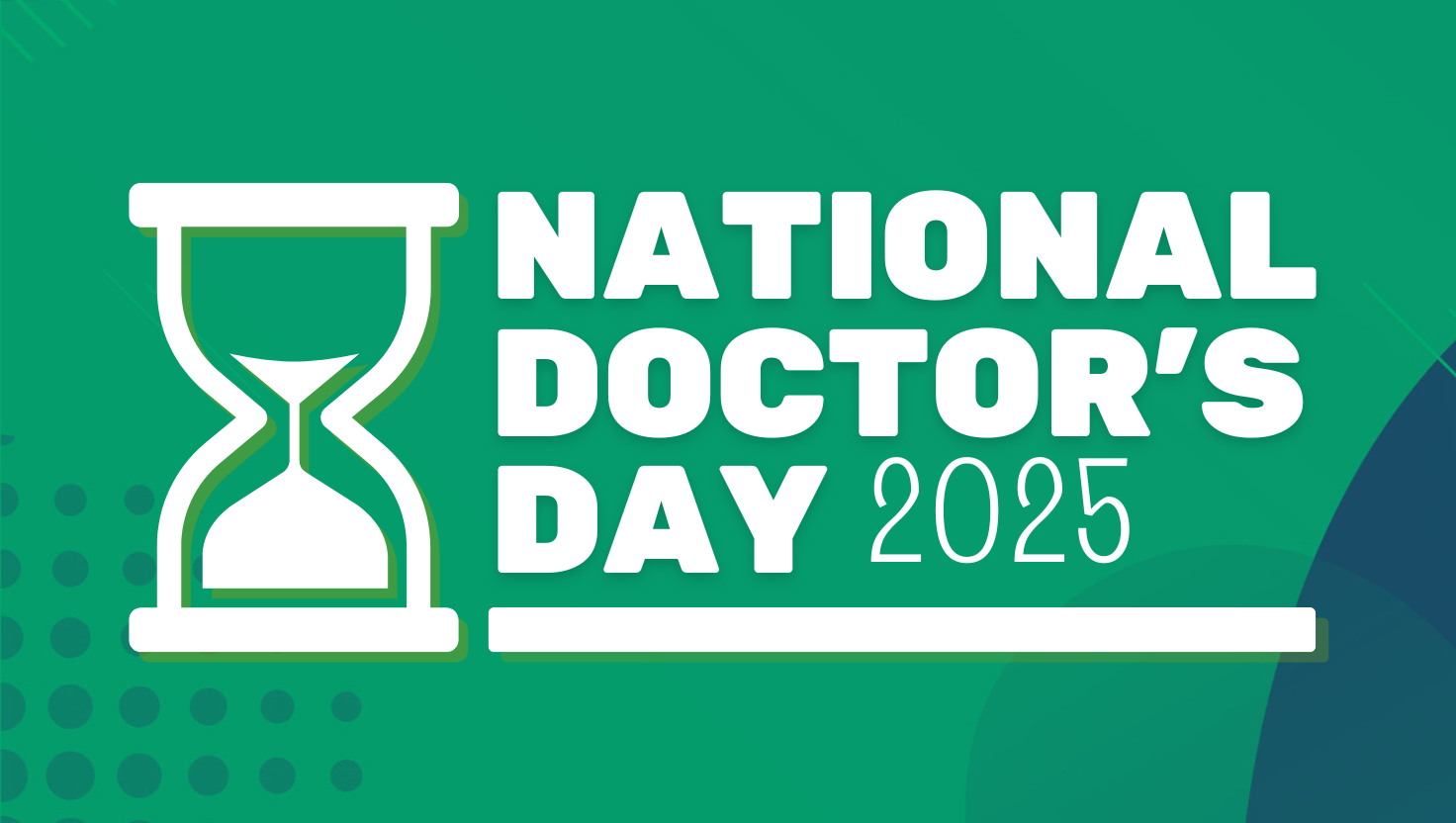
In 2021, ABEM adopted a Code of Professionalism because it “believes that patients are entitled to quality emergency care delivered in a professional manner.” The Code goes on to list specific behaviors as well as issues related to medical licensure. But do those behaviors encompass professionalism? More importantly, why does professionalism matter?
According to the American Board of Medical Specialties, professionalism is “. . . a commitment to carrying out professional responsibilities, adherence to ethical principles and sensitivity to diverse patient populations.”
A recent article in JAMA states that professionalism is an important unifying principle in medicine and has been historically described as “the basis of medicine’s contract with society.” This contract for professionalism gained prominence in the 1990s, when members of the medical field agreed on and promised to uphold a set of “ethical values and competency standards” that “the public and individual patients can and should expect from medical professionals.”
This set of ethical values and competency standards is especially important in Emergency Medicine. In our specialty, we treat anyone, anywhere, at any time; we see patients who encompass the entire range of race, gender, age, sexual orientation, disability, national origin, and religion. Each patient must be treated with compassion, respect, and accountability. This approach also allows us to establish trust quickly, which is essential to the treatment of patients in the emergency department.
Although the old saying would make you think otherwise, actions don’t always speak louder than words—words can be just as important as our actions. Speaking in a clear, respectful manner to patients, their families, and our colleagues is crucial. Patients and their families have a right to understand their care in the emergency department. This doctor-patient relationship is facilitated through compassionate communication using shared language, without condescension. Moreover, our colleagues will better understand our intentions, and if we invite the same type of communication from them, it enhances collaboration and trust with the entire health care team. Effective communication with colleagues could reduce medical errors in treatment and handoffs.
Acting in a professional manner also enhances our reputation. Treating others with respect, regardless of who they are or what the situation might be places us in a more favorable light to others. When we are perceived as fair and honest, others will want to work with us. In addition to good communication, professionalism also enhances our resiliency and adaptability.
When the Code of Professionalism was adopted, there was concern voiced among physicians to the statement in the Code that including the statement “physicians should refrain from conduct that the Board determines, in its sole judgement, to be sufficiently egregious that it is inconsistent with ethical behavior by a physician.” This statement does not preclude discussion and debate among physicians. What it does speak to is the dissemination of blatantly false information that may lead to undue harm to patients. ABEM received numerous complaints during the pandemic from ABEM-certified physicians and the public about physicians spreading disinformation, such as “the COVID vaccine alters a person’s DNA.” ABEM-certified physicians were especially worried that such actions by other certified physicians would tarnish not only the value of certification, but the specialty of Emergency Medicine.
ABEM supports medical debate among physicians with legitimate differences in opinion. And when complaints were made to ABEM about physicians spreading disinformation, each of these complaints were investigated and if found to be egregious, the physician in question was contacted. If the physician thought the complaint was not pertinent, they had the ability to appeal any decision made by the Board. In short, the Board does not take these claims lightly while at the same time providing ample opportunities for discussion and due process, which are at the very root of professionalism itself.
The ABEM code of professionalism sets standards for behavior and conduct that promote respect, integrity, and trust. The Board believes we can all advance the specialty by taking the opportunity to lean into diverse dialogues and conversations in a professional manner, as opposed to limiting constructive discourse.
Finally, I believe ABEM has a responsibility to promote professionalism among its certified physicians. Studies have shown that early career physicians who demonstrate professionalism deficiencies during training, including behaving irresponsibly or demonstrating a diminished capacity for self-improvement, continue to display deficiencies once in practice. These characteristics potentially place patients at risk for harm. Having a lifelong commitment to professionalism for ABEM-certified physicians is critical to the future of the profession and the health of our patients.
Ramon W. Johnson, M.D., M.B.A.
ABEM President 2023-2024






